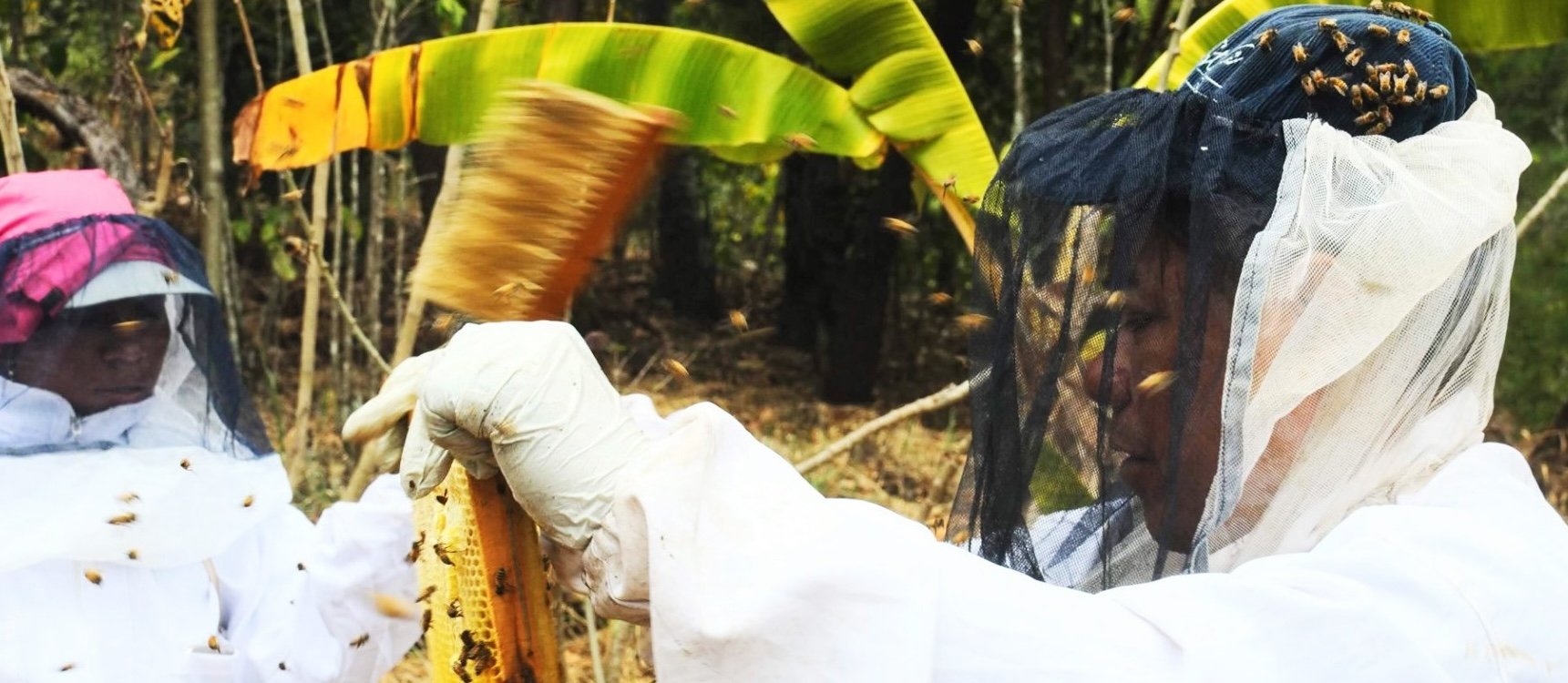
BEEKEEPING
Lack of knowledge about beekeeping, bad practices in the apiary, low investment, lack of adequate equipment, climate change are scenarios that affect the production and income of small and medium beekeepers who face these different situations year after year without taking action on the matter due to the low income that comes from their work in the apiary.
The different factors faced by beekeepers represent losses and disinterest in a subject that at the end of each harvest represents losses since the above factors lead to have little harvest and mostly
